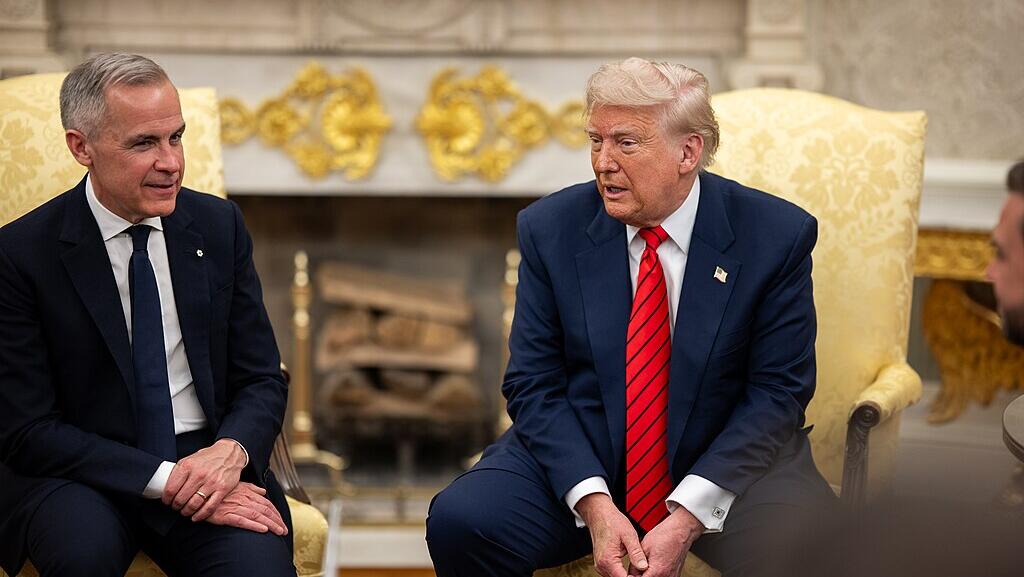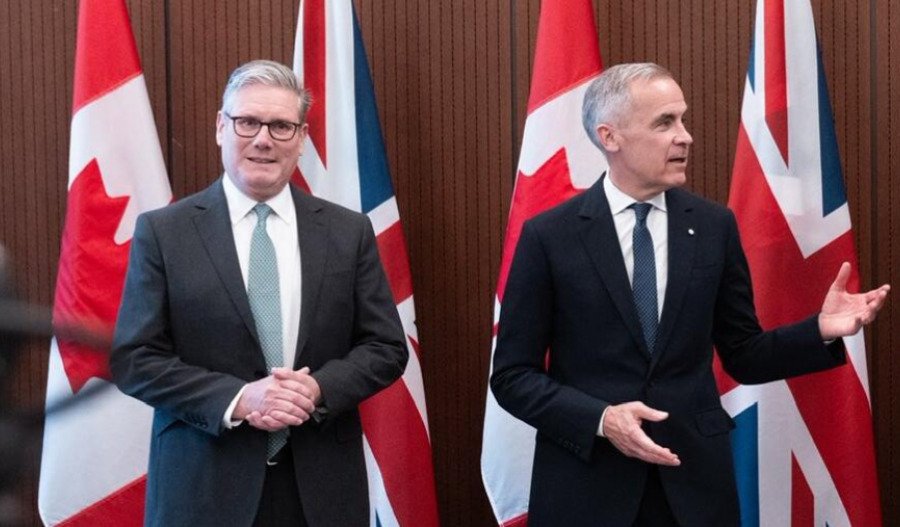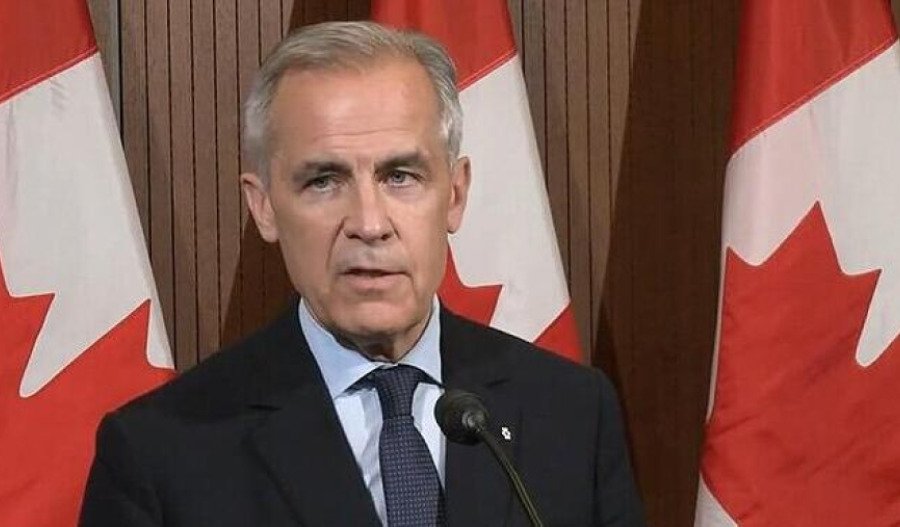UPDATED: After failing to advance stalled trade negotiations with the United States, Canada ditched its digital services tax targeting U.S. technology firms late on Sunday (Monday AEST).
The Canadian Prime Minister Mark Carney and U.S. President Donald Trump will resume trade negotiations by 21 July, Canada's finance ministry said.
Earlier, Trump declared that he had ended trade talks with Canada following the implementation of their digital services tax.
In a post to Truth Social, Trump criticised the digital service tax and announced that extra tariffs will be imposed on Canada, claiming they are “a very difficult country to trade with”.
“Based on this egregious Tax, we are hereby terminating ALL discussions on Trade with Canada, effective immediately,” he said.
“We will let Canada know the Tariff that they will be paying to do business with the United States of America within the next seven day period.”
Canada’s Digital Service Tax (DSTA) came into force in June last year, and is a levy on tech revenues generated by Canadian users, even if the providers do not have a physical presence in the country.
The first payments of the levy were due on Monday, 30 June 2025 and were meant to be retroactive to revenues dating back to 1 January 2022.
Companies with global revenues exceeding $820 million and Canadian revenues of more than $14.7 million would have had to pay a 3% levy on certain digital services earned in Canada.
U.S. companies like Amazon, Meta, Google and Uber were facing an estimated US$2 billion in bills under the new tax and mark a return to trade tensions between the two countries.
The declaration also meant a loss to one of the U.S.’s largest trade partners, as U.S. goods trade with Canada totalled roughly $762 billion last year, according to the Office of the U.S. Trade Representative.
Following the Truth Social post, the S&P 500 and the Nasdaq Composite both turned negative.
“The Canadian government will continue to engage in these complex negotiations with the United States in the best interests of Canadian workers and businesses,” Canadian Prime Minister Mark Carney said.
Several Canadian businesses and groups told CNN that they had urged the Canadian government not to push forward with the tax for fear that it could heighten trade tensions with the U.S.
“For many years, the Business Council of Canada has warned that the implementation of a unilateral digital services tax could risk undermining Canada’s economic relationship with its most important trading partner, the United States,” Goldy Hyder, president and CEO of the Business Council of Canada, said in a statement to CNN on Friday.
The Canadian Chamber of Commerce shares these sentiments.
“Our position on the Digital Services Tax has been consistent, but primarily for the reason that it’s self-defeating in nature. That said, it’s a pivotal time for Canada-U.S. relations,” Candace Laing, president and CEO of the Canadian Chamber of Commerce, said in a statement to CNN.



